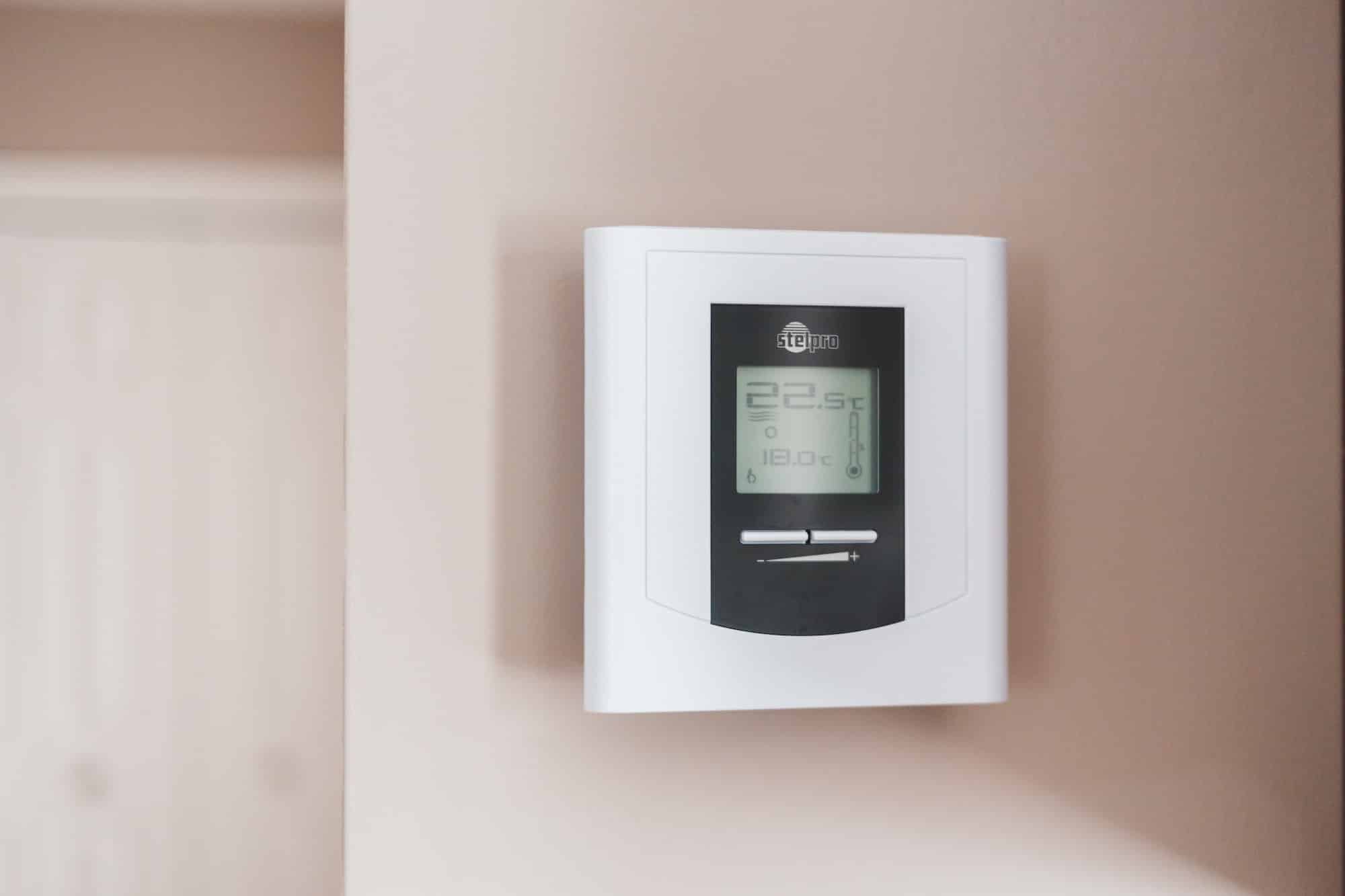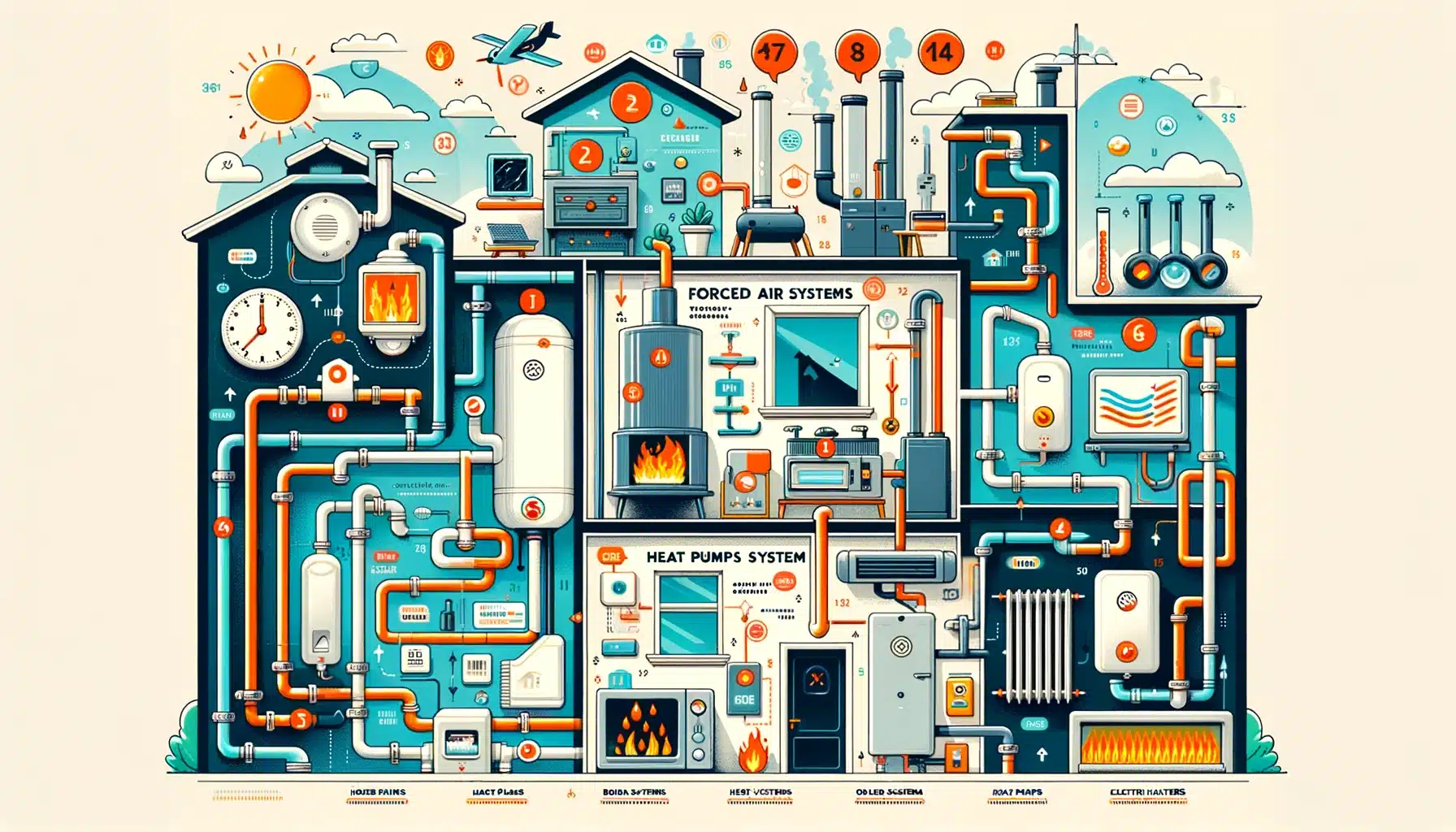

Cooking gas is an essential utility in kitchens across the globe. The efficiency, control, and availability of gas make it a popular choice for both domestic and professional cooking. This blog explores the common gases used for cooking, their properties, benefits, and considerations, helping you understand which might be best suited for your culinary needs.
Cooking gas is prized for its ability to provide instant heat and precise temperature control. Unlike electric stoves, gas stoves turn on and off instantly and heat up immediately, allowing for quicker cooking times and more control during the cooking process. Gas cooking is also often more cost-effective depending on local gas prices compared to electricity.
The most commonly used gases for cooking are natural gas and liquefied petroleum gas (LPG). Each has unique characteristics and is suited to different types of usage environments.
When using gas for cooking, safety is paramount. Both natural gas and LPG are highly flammable, and improper use can lead to dangerous situations, including explosions and fires. Here are some safety tips:
While gas is efficient for cooking, it is important to consider its environmental impact. Methane, a primary component of natural gas, is a potent greenhouse gas if released unburned into the atmosphere. The extraction and transportation of natural gas and LPG also have environmental impacts, including habitat disruption and pollution.
As the world moves towards more sustainable energy solutions, alternatives to traditional cooking gases are gaining traction. Electric induction cooktops, which use electricity and are highly efficient, and solar cookers, which harness the sun’s energy, are becoming more popular. Additionally, biogas, a renewable form of cooking gas made from organic waste, is being used in some regions, contributing to waste reduction and sustainability.
The choice of cooking gas depends on various factors including availability, cost, and environmental impact. While natural gas and LPG remain popular, emerging technologies and the push for sustainability are broadening the options available to consumers. Understanding the properties and uses of different gases can help make informed decisions that align with cooking needs and environmental considerations.

If you need help with a plumbing, heating or gas issue then please contact us by calling 020 8419 8866 or you can book an engineer directly by selecting one of the options below.
Read more posts below:

Heat loss testing can help you identify areas of your home that are not properly insulated, allowing you to make the necessary improvements and save money on your energy bills.

In the quest to manage household energy consumption effectively, understanding the tools that measure this consumption is essential.

This blog will cover various systems to help you understand the best options for maintaining a comfortable and energy-efficient home.
If you need help please contact us using the details below or fill out the form and we'll be straight in touch.